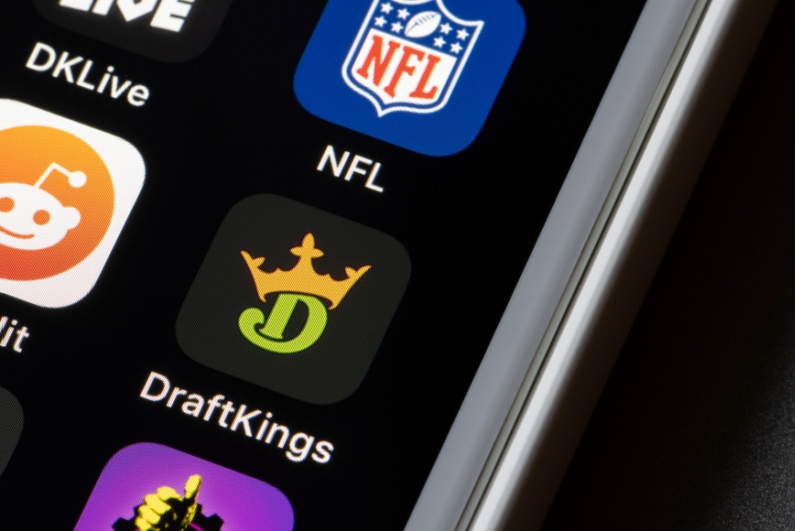Gambling companies based in the UK have been spending significant amounts of money on online marketing, more so than on more traditional forms of advertising.
In figures announced this week by GambleAware and collected by Regulus Partners, 80% of gambling marketing money is spent on online advertising.
The news comes as regulators and companies are facing increasing scrutiny into the levels of exposure to gambling experienced by young people.
Marketing spend increasing
On the whole, spending on gambling advertising is increasing, with figures showing a 56% rise in spending between 2014 and 2017. In 2017, gambling companies’ total marketing spend reached £1.5bn ($1.9bn).
Of this budget, 80% is spent on online, including £747m ($952m) in direct online marketing, while £301m ($383m) was spent on affiliate marketing. Another popular advertising stream is social media advertising, on which spending has increased threefold since 2014 to £149m ($190m) last year.
The shift online, however, has not meant that consumers have stopped seeing as many adverts broadcast during live events, a topic that has been in the news a lot recently following complaints voiced by campaign groups in regards to the amount of gaming services advertised during the 2018 World Cup in Russia.
Regulus, which collected the data, stressed that it was important to recognise that these figures are estimates, due to the sensitive nature of companies’ expenditure figures, but said the estimates were given with “strong credibility”.
Self-imposed limits
Television advertising spend amounted to £234m ($299m), which equates to just 15% of the total marketing spend figures.
The amount is much smaller than the recent media coverage of television advertising controversies would lead us to believe, opening the possibility that either broadcasters are offering cheaper deals for advertisers, or the number of adverts relating to gambling products is not actually as high as portrayed.
The Remote Gambling Association, an industry body, proposed a self-imposed limit on television advertising last week, in response to the criticism that has been aimed at the industry by campaigners. If the restrictions go ahead, it is possible that spending on television advertising will drop over the next year.
Some areas have slowed
For online gambling operators, spending on affiliate marketing grew by only 2% over the period studied, probably due in part to regulatory changes that came into play last year. Regulators focused on third-party marketing partner excess, which led to many big gambling operators reducing their affiliate exposure in the UK.
Another area that saw negative growth was lottery advertising, which saw a drop of £3m ($3.8m) in comparison to 2014 figures. The total spend on advertising for lotteries in the UK amounted to £88m ($112m) over the past year, with around half of that money spent on TV advertising.
The proportion of money spent on TV advertising is significantly higher for lottery providers than for other sectors, including online betting or casino websites.
Campaign groups concerned
The news has left campaign groups concerned with the level of gambling marketing available online, especially on sites that could be consulted by young or vulnerable users.
Marc Etches, CEO of GambleAware, said: “Children are growing up in a very different world than their parents. The Gambling Commission reports that 59% of 11 to 16-year-olds have seen gambling advertisements on social media, compared to 66% on television.
“The Regulus analysis shows that much more attention needs to be paid to the extent of gambling-related marketing online, and that internet companies and social media platforms must share in the responsibility to protect children, and to generally raise awareness of the nature of gambling, associated risks of harm and where to go for help and advice if it is needed.”
The report follows last week’s release of figures relating to childhood gambling by the UK Gambling Commission. The report into youth gambling showed a slight increase in the number of children engaging in gambling-related activities year on year, but the commission assured readers that figures were low when viewed from a historical perspective.
The 2017 report also included 16-year-olds for the first time in the survey’s history, which could have affected figures.



